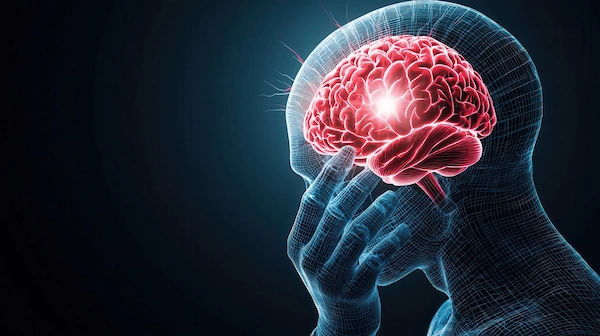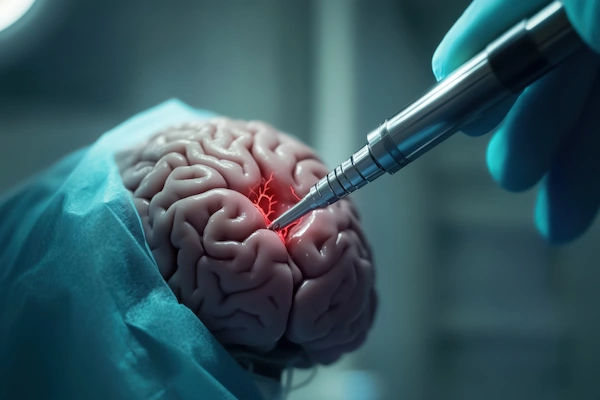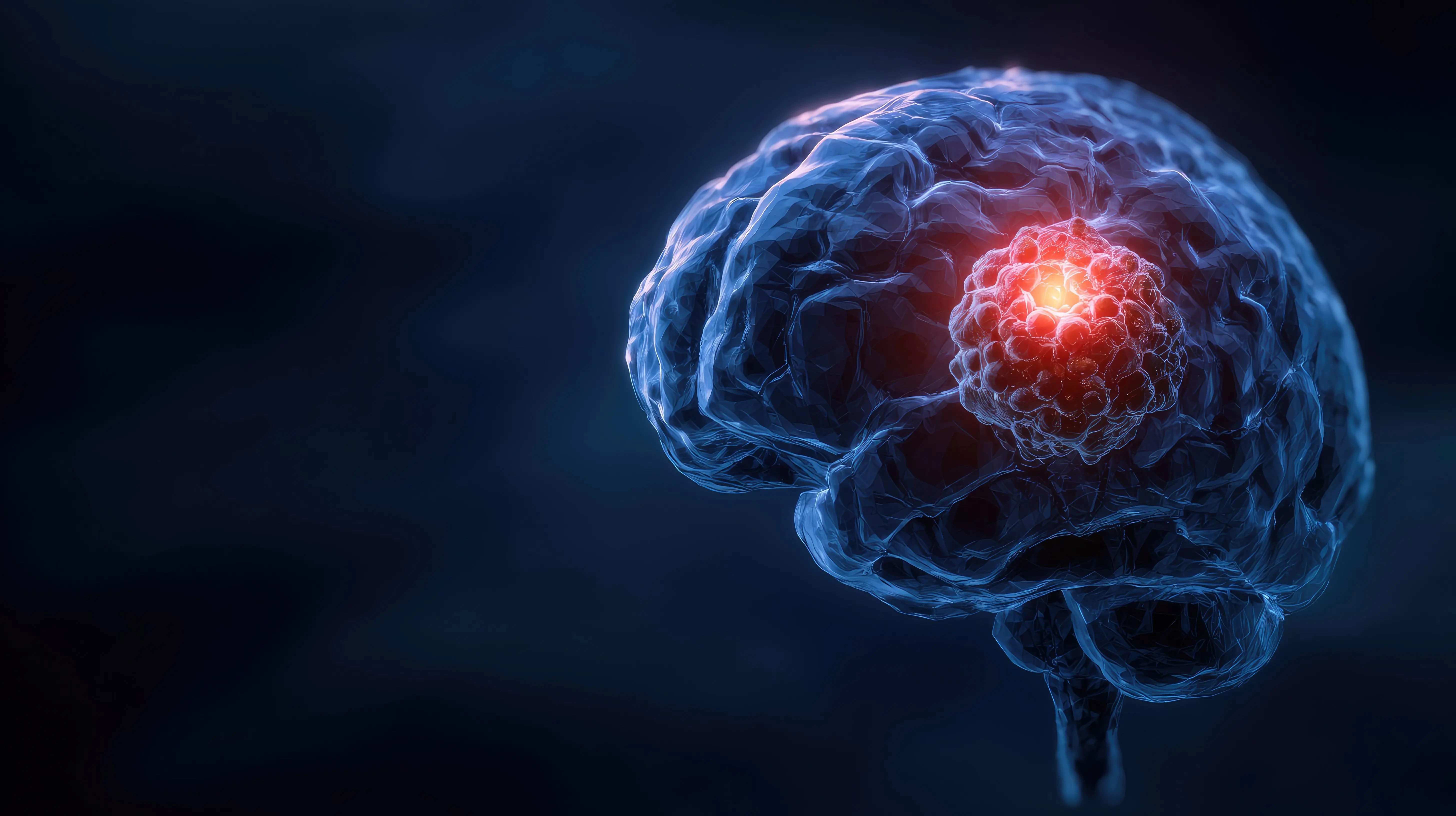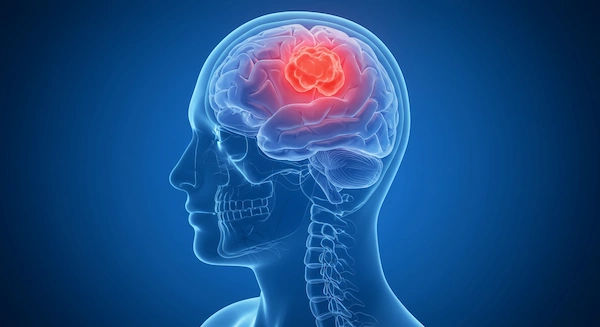Can Stress Cause a Brain Tumor? What Science Really Says
Guide to Bcell Acute Lymphoblastic Leukemia Stress: Learn about the link between stress and Bcell Acute Lymphoblastic Leukemia (BCAN) and if stress can cause brain tumors. Get the facts on this complex topic.

Written by Dr. Siri Nallapu
Reviewed by Dr. J T Hema Pratima MBBS, Fellowship in Diabetes Mellitus
Last updated on 13th Jan, 2026
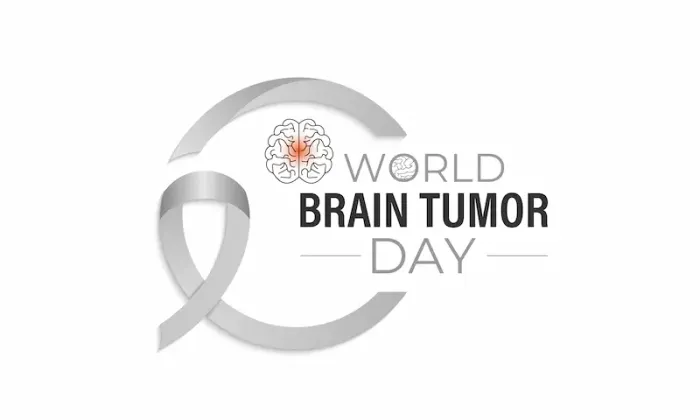
Navigating health anxieties often leads us to ask complex questions, especially when we feel under pressure. If you've found yourself worrying that the stress in your life could be serious enough to cause something as severe as a brain tumor, you're not alone. This is a common concern, but it's crucial to separate fact from fear. This article will cut through the misinformation and provide a clear, sciencebacked explanation. We'll explore the actual relationship between stress and brain tumors, detail the known risk factors you should be aware of, and discuss why managing stress remains a critical component of your overall health, even if it doesn't directly cause cancer. Let's dive into what the research truly tells us.
Understanding the Stress Response and Your Body
To understand the debate, we first need to understand what stress is and how it operates within us. Stress is not inherently bad; it's a fundamental, hardwired survival mechanism.
What is Chronic Stress?
Acute stress is shortterm—the jolt you feel slamming on the brakes to avoid an accident. It's intense but fleeting. Chronic stress, however, is the persistent feeling of being pressured and overwhelmed over a long period. This is the type of stress linked to health concerns, as it keeps your body's emergency response system continuously activated.
How the Body Reacts to Long Term Stress?
When you encounter a stressor, your brain's hypothalamus sets off an alarm. This signals your adrenal glands to release a surge of hormones, including adrenaline and cortisol. Adrenaline increases your heart rate and energy supplies. Cortisol, the primary stress hormone, increases sugars (glucose) in the bloodstream and enhances your brain's use of glucose. It also curbs functions that are nonessential in a fight-or-flight situation, such as the digestive and reproductive systems.
Under chronic stress, this system remains active. High cortisol levels over extended periods can disrupt almost all your body's processes, leading to anxiety, depression, digestive problems, headaches, heart disease, sleep problems, and weight gain.
The Direct Link: Does Stress Cause Brain Cancer?
This is the core of the question. After decades of extensive research, the consensus from the global medical community is clear.
What Major Medical Institutions Say?
Authoritative bodies like the American Cancer Society (ACS), the National Cancer Institute (NCI), and the Mayo Clinic all state that there is no conclusive, direct evidence that stress causes cancer. While some studies have found weak associations, others have found none. Importantly, no well-designed study has ever proven that stress is a direct cause of brain tumor formation. The body's process of creating cancer cells (carcinogenesis) is complex and involves genetic mutations that are not induced by emotional states alone.
Analyzing the Research: Correlation vs. Causation
This is a critical distinction. Some research might find a correlation—meaning people diagnosed with cancer reported high stress periods beforehand. However, correlation does not equal causation. It's a classic "chicken or egg" problem. Did the stress cause the tumor, or did the undiagnosed tumor already exist, causing subtle symptoms that led to increased anxiety and stress? Most evidence points to the latter. Furthermore, a cancer diagnosis is inherently one of the most stressful events in a person's life, which can skew retrospective reporting.
Known Risk Factors for Brain Tumors You Should Know
While stress isn't a direct cause, it's important to know the factors that are scientifically proven to influence brain tumor risk. Focusing on these provides a much clearer picture of prevention and awareness.
Genetic and Hereditary Factors
A small percentage of brain tumors are linked to genetic conditions. These include Neurofibromatosis (type 1 and type 2), Von HippelLindau disease, LiFraumeni syndrome, and Tuberous Sclerosis. If you have a strong family history of these conditions or brain tumors, genetic counseling may be advised.
Environmental and Lifestyle Exposures
Exposure to ionizing radiation is the only environmental factor conclusively linked to brain tumors. This typically comes from radiation therapy used to treat other cancers, not from everyday devices like cell phones. The link between cell phone use and brain tumors has been extensively studied, but major health organizations like the World Health Organization (WHO) classify radiofrequency fields as "possibly carcinogenic," meaning a link is not proven and more research is needed.
Age and Previous Radiation Exposure
The risk for most types of brain tumors increases with age. However, some specific types, like medulloblastomas, are more common in children. As mentioned, prior radiation treatment to the head, especially during childhood, is a significant known risk factor.
The Indirect Role of Stress in Health and Immunity
While stress doesn't directly create cancer cells, it can play a harmful indirect role in your overall health landscape.
Stress, Inflammation, and Weakened Defenses
Chronic stress leads to prolonged elevated cortisol levels, which can suppress the effectiveness of the immune system. Your immune system is responsible for identifying and destroying abnormal cells, including potentially cancerous ones. A weakened immune system may be less efficient at this surveillance, theoretically allowing abnormal cells to proliferate. Furthermore, stress promotes systemic inflammation, which is a known contributor to the development and progression of various diseases.
How Stress Can Influence Health Behaviors?
Perhaps the most significant indirect link is through behavior. People under extreme stress are more likely to engage in unhealthy coping mechanisms that are proven cancer risk factors. This includes:
Heavy alcohol consumption
Tobacco use
Poor dietary choices (e.g., overeating, eating processed foods)
Physical inactivity
Poor sleep hygiene
These behaviors collectively increase the risk for numerous health problems, including various cancers.
Managing Stress for Overall WellBeing
Even without a direct link to brain tumors, managing chronic stress is nonnegotiable for your long-term health and quality of life.
When to Seek Professional Help for Stress?
If stress is affecting your daily life—causing persistent worry, sleep disturbances, changes in appetite, or an inability to function—it's time to seek help. Chronic stress is a treatable condition. A therapist or counselor can provide strategies like Cognitive Behavioral Therapy (CBT), which is highly effective.
If your condition does not improve after trying selfhelp methods, consult a doctor online with Apollo24|7 for further evaluation and to discuss a management plan.
If You're Experiencing Neurological Symptoms
It is vital to understand the symptoms that warrant immediate medical attention. Do not dismiss new or severe symptoms as "just stress." Key brain tumor symptoms include:
New, persistent, or severe headaches
Unexplained nausea or vomiting
Vision or hearing problems
Seizures
Weakness or numbness in limbs
Significant changes in personality, memory, or speech
Loss of balance
If you experience any of these symptoms, especially in combination, it is essential to see a doctor for a proper evaluation to determine the cause.
Quick Takeaways: Stress and Brain Tumors
No Direct Cause: There is no scientific evidence that stress directly causes brain tumors to form.
Correlation/Causation: Studies finding a link often confuse the stress of a diagnosis with being a cause.
Known Risks Matter: Focus on known risk factors like genetics, age, and ionizing radiation exposure.
Indirect Effects: Chronic stress can weaken the immune system and lead to unhealthy behaviors that impact overall cancer risk.
Know the Symptoms: Don't ignore new or severe neurological symptoms; always get them checked by a doctor.
Manage Stress Anyway: Prioritizing mental health is crucial for your overall wellbeing and quality of life.
Consult a General Physician
Conclusion
The question "can stress cause a brain tumor?" has a reassuring answer from science: no, not directly. The fear that our daily anxieties can materialize into a physical tumor is understandable but not supported by robust medical research. The real risk factors for brain tumors are largely rooted in genetics and specific environmental exposures like radiation. However, this doesn't mean we should dismiss the impact of chronic stress. Its ability to compromise our immune system and push us toward unhealthy habits makes it a significant adversary to our overall health. The most empowered approach is to focus on what you can control: understanding your real risks, listening to your body, seeking help for unmanageable stress, and getting any concerning symptoms professionally evaluated. Your mental and physical health are deeply connected, and caring for both is the best path to long-term wellness.
Consult a General Physician

Dr. Rajib Ghose
General Physician/ Internal Medicine Specialist
25 Years • MBBS
East Midnapore
VIVEKANANDA SEBA SADAN, East Midnapore

Dr. Mohammed Kamran
General Practitioner
5 Years • MBBS, FIDM
Nashik
Apollo 24|7 Clinic - Maharashtra, Nashik

Dr. Ajay K Sinha
General Physician/ Internal Medicine Specialist
30 Years • MD, Internal Medicine
Delhi
Apollo Hospitals Indraprastha, Delhi
(200+ Patients)
Dr. Indrajit Das
General Physician/ Internal Medicine Specialist
4 Years • "MD (Internal medicine) : Gauhati Medical College and Hospital, Guwahati (2018-2021) MD (Pathology) : Gauhati Medical College and Hospital, Guwahati (2012-2015) MBBS (Bachelor of Medicine, Bachelor of Surgery) : Silchar Medical College, Assam (2003-2008) "
Guwahati
Apollo Excelcare Hospital, Guwahati

Dr. Hariprasath J
General Physician/ Internal Medicine Specialist
19 Years • MD (Gen Med), FCCP, Dip (Diabetology, UK)
Chennai
Apollo First Med Hospitals P H Road, Chennai
(225+ Patients)
More articles from Brain Tumor
Frequently Asked Questions
1. Can anxiety and depression cause brain tumors?
No, there is no evidence that mental health conditions like anxiety or depression cause brain tumors. However, the physical symptoms of anxiety (headaches, dizziness) can sometimes be confused with other issues, which is why a medical evaluation is key.
2. I was diagnosed after a stressful event. Does that mean stress caused it?
This is a common experience but is almost certainly a case of correlation, not causation. Brain tumors grow slowly over months or years. The stressful event likely coincided with the tumor becoming large enough to cause symptoms, leading to diagnosis.
3. Can reducing stress help if you already have a brain tumor?
Absolutely. While stress reduction is not a treatment for the tumor itself, managing stress can significantly improve your quality of life, strengthen your immune system to help you cope with treatment, and improve your mental resilience during a challenging time.
4. What are the first signs of a brain tumor?
The first signs vary greatly but can include new or changed headache patterns, unexplained nausea/vomiting, gradual loss of sensation or movement, speech difficulties, seizures, or vision problems. If you experience these, consult a doctor.
5. Does stress make brain tumor symptoms worse?
Yes, it can. Stress can exacerbate perceptions of pain, fatigue, and cognitive fog. Therefore, effective stress management is a crucial part of coping with a brain tumor diagnosis and its symptoms.
